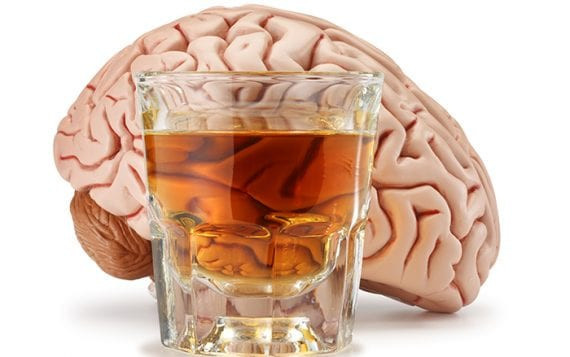The doctor will inquire into the patient’s history of alcohol consumption, including the type and amount of alcohol consumed along with other general drinking behaviors. The doctor will also assess any chronic health disorders by performing a full body checkup to analyze central nervous system function, musculoskeletal function, reflexes, balance and issues associated with the autonomic nervous system such as regulation of blood pressure, body temperature and pulse rate. A memory function test will also be carried out in conjunction with additional laboratory tests, such as checking blood albumin protein levels, liver function, vitamin B levels, blood glucose and cholesterol levels. Brain imaging may also be used for diagnosis. All of these steps will be compiled to provide a summary of the amount of brain damage that has taken place.
Some cases of alcohol-related brain damage are misdiagnosed as the early stages of Alzheimer’s disease. However, alcohol-related brain damage differs from Alzheimer’s disease in that the condition can be improved through proper treatment and prevention against further damage is possible. Carrying out the appropriate screening can therefore significantly increase the likelihood of a rapid and successful treatment.

